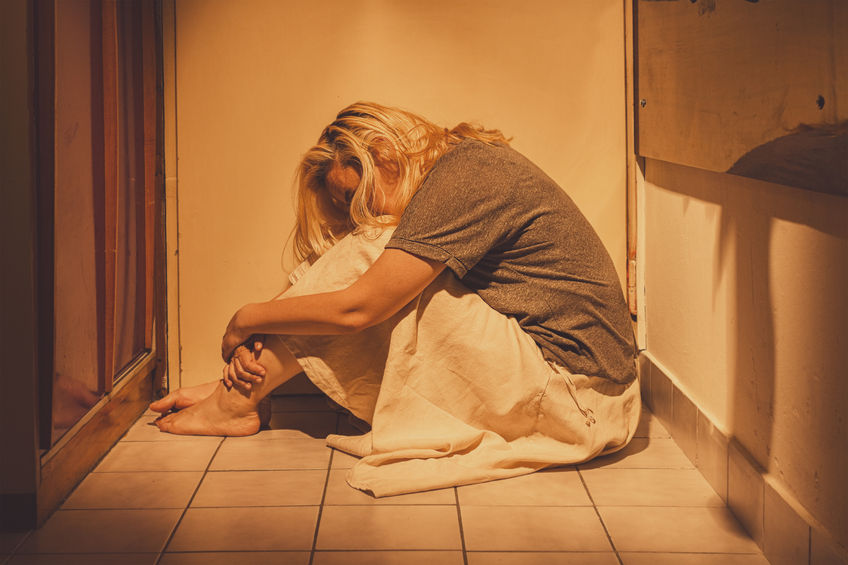Immune System ‘Traps’ for Viral Detection

Razi Berry Scientists are opening new windows into understanding more about the constantly shifting evolutionary arms race between viruses and the hosts they seek to infect. Host organisms and pathogens are in a perennial chess match to exploit each other’s weaknesses. Such research holds tantalizing clues for human health since the immune system is on […]
Adverse Childhood Upbringing Changes Later Opportunities

Razi Berry An adverse upbringing often impairs people’s circumstances and health in their adult years, especially for couples who have both had similar experiences. This is shown by a new study, carried out by Uppsala University researchers, in which 818 mothers and their partners filled in a questionnaire one year after having a child together. […]
Linking PTSD to Fears Surrounding Pandemic

Razi Berry Even at the start of the COVID-19 pandemic last year, people around the world became more fearful of what could happen to them or their family. A new Flinders University study of 1040 online participants from five western countries published in PLOS ONE explores people’s response to the stresses of the escalating pandemic, […]
Study Shows Exercise Alone Can Lower Inflammation

Razi Berry Biomedical engineers at Duke University have demonstrated that human muscle has an innate ability to ward off the damaging effects of chronic inflammation when exercised. The discovery was made possible through the use of lab-grown, engineered human muscle, demonstrating the potential power of the first-of-its-kind platform in such research endeavors. The results appear […]
Afternoon Napping for Better Brain Health

Razi Berry Taking a regular afternoon nap may be linked to better mental agility, suggests research published in the online journal General Psychiatry. It seems to be associated with better locational awareness, verbal fluency, and working memory, the findings indicate. Longer life expectancy and the associated neurodegenerative changes that accompany it, raise the prospect of […]
Mechanism for Irritable Bowel Syndrome

Razi Berry KU Leuven researchers have identified the biological mechanism that explains why some people experience abdominal pain when they eat certain foods. The finding paves the way for more efficient treatment of irritable bowel syndrome and other food intolerances. The study, carried out in mice and humans, was published in Nature. Up to 20% […]
Closeness to Nature Helps Prevent Depression

Razi Berry Depression, especially in urban areas, is on the rise, now more than ever. Mental health outcomes are influenced by, among other things, the type of environment where one lives. Former studies show that urban greenspace has a positive benefit on people experiencing mental ill health, but most of these studies used self-reported measures, […]
Happy Nostalgia Amongst Teens Linked to Less Substance Use/Abuse

Razi Berry Teenagers with happy childhood memories are likely to drink less, take fewer drugs and enjoy learning, according to research published in the peer-reviewed journal Addiction Research & Theory. The findings, based on data from nearly 2,000 US high school students, show a link between how pupils feel about the past, present and future […]
Breastfed Babies Have Better Immune Systems, Why?

Razi Berry Research led by the University of Birmingham and Birmingham Women’s and Children’s NHS Foundation Trust has revealed new insight into the biological mechanisms of the long-term positive health effects of breastfeeding in preventing disorders of the immune system in later life. Breastfeeding is known to be associated with better health outcomes in infancy […]
5 Ways to Protect Your Heart During a Pandemic

Sarah Cimperman, ND More than thirty million people in the United States are living with heart disease and it’s the leading cause of death.1 According to the Centers for Disease Control and Prevention, one person dies from cardiovascular disease every thirty-six seconds.2COVID-19 is catching up now that news outlets report the coronavirus—also known as SARS-CoV-2—kills […]